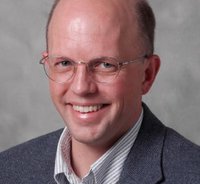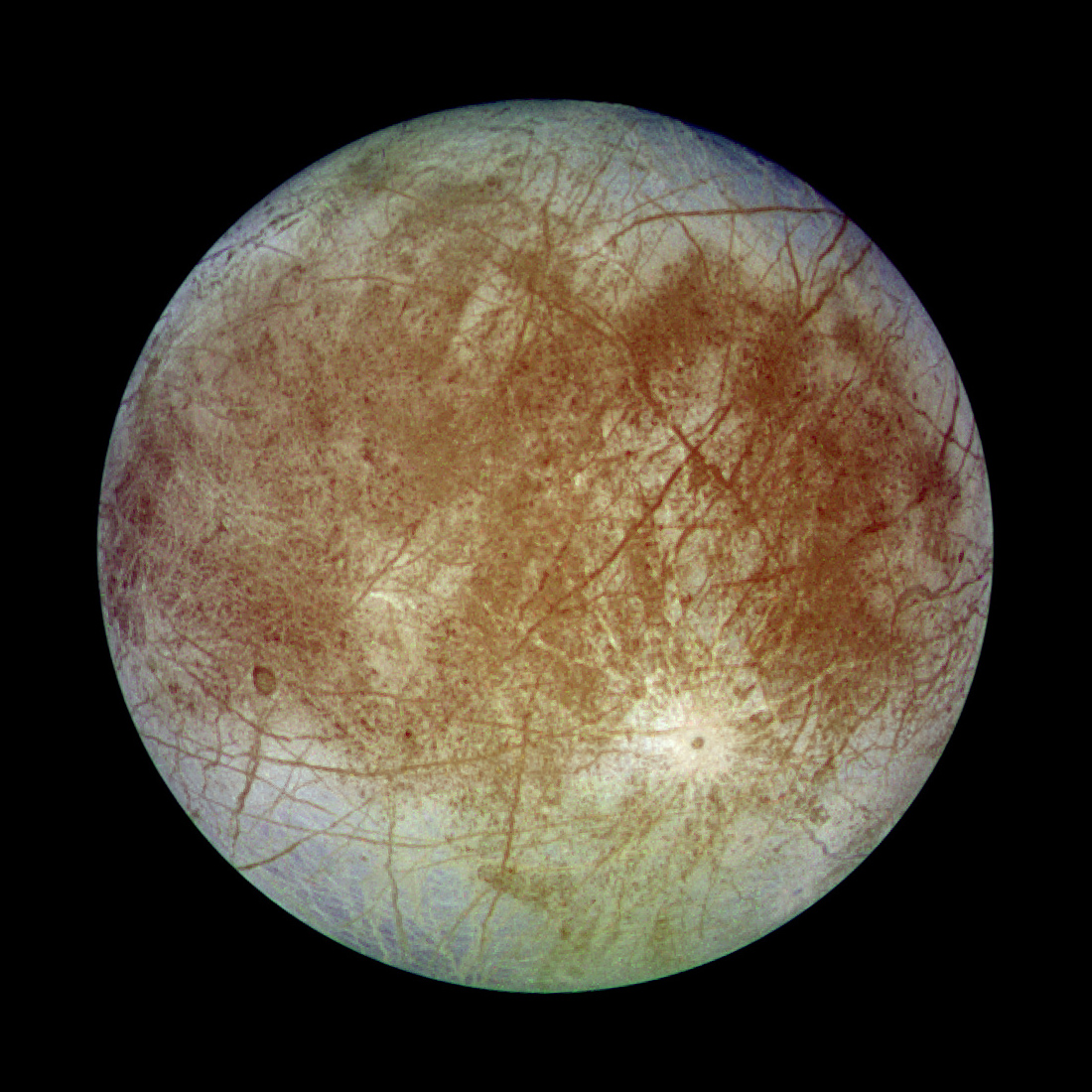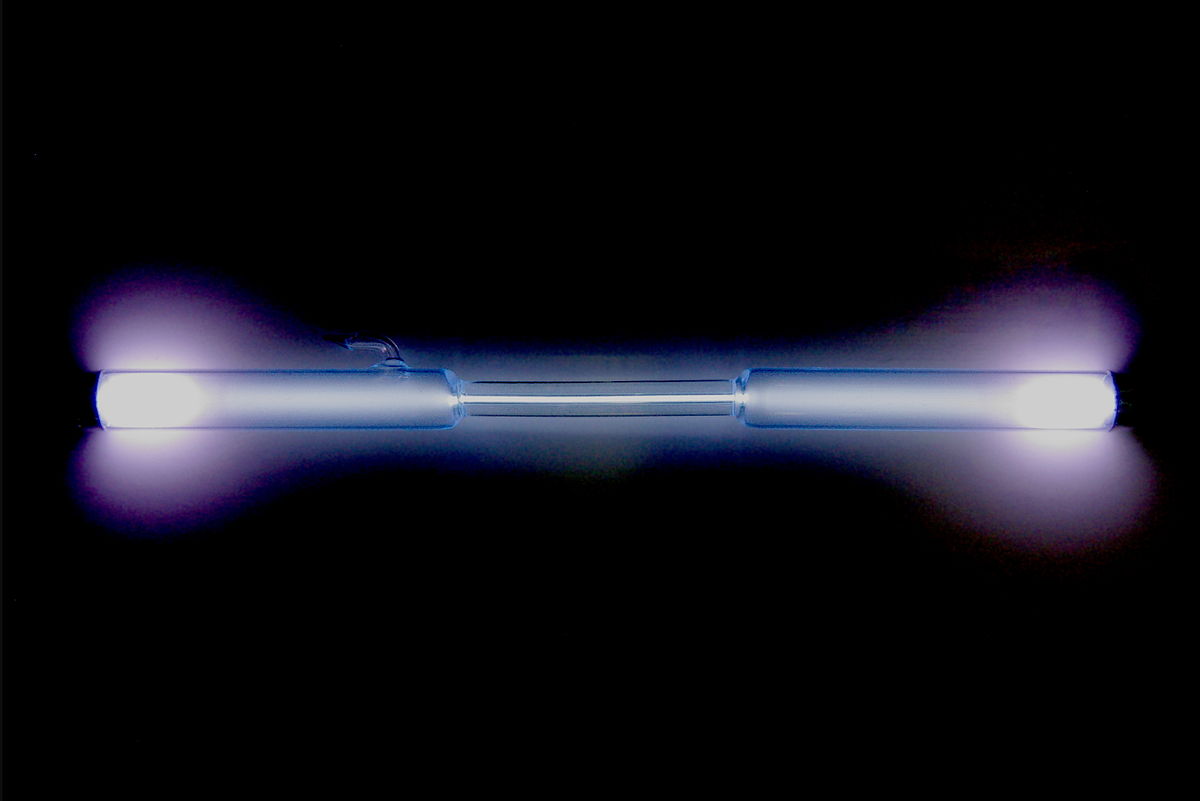
Most current scientific theories for the origin of life contain the implicit assumption that RNA came before DNA and coded proteins. However, just how the first RNA polymers would have assembled and replicated without the aid of protein enzymes remains an open question. We have hypothesized that a proto-RNA came before RNA, and that the first RNA-like polymers contained chemical building blocks that were functionally similar to the contemporary building blocks of RNA, but distinct in that they were capable of forming low energy covalent bonds that facilitated polymer formation. We have also hypothesize that prebiotic molecules similar to molecules known today to intercalate contemporary nucleic acids, which we have termed 'molecular midwives’, facilitated the assembly of RNA-like polymers by acting as nanometer-scale surfaces that templated base pair formation. This self-assembly approach to the origin of proto-RNA is showing promise in laboratory experiments, and providing possible solutions to long-standing problems associated with the prebiotic synthesis of RNA.
To join using a videoconferencing system:
Please RSVP to Mike Toillion (mike.toillion@nasa.gov) if you will be joining by Polycom.
To view the slides, connect to http://connect.arc.nasa.gov/uwseminar/
To join using a web browser:
The slides and audio/video for this meeting will be presented using Adobe Connect. To join the meeting, connect to:
http://connect.arc.nasa.gov/uwseminar/
If you are having problems connecting, you can try joining http://connect.arc.nasa.gov/uwseminar/?launcher=false, or rebooting your computer, or try joining from another network.
 Getting Under Europa’s Skin
Getting Under Europa’s Skin Tracing Formation and Evolution of Outer Solar System Bodies Through Stable Isotopes and Noble Gas Abundances
Tracing Formation and Evolution of Outer Solar System Bodies Through Stable Isotopes and Noble Gas Abundances Photosynthesis, a Planetary Revolution
Photosynthesis, a Planetary Revolution Xenon: King of the Gases
Xenon: King of the Gases